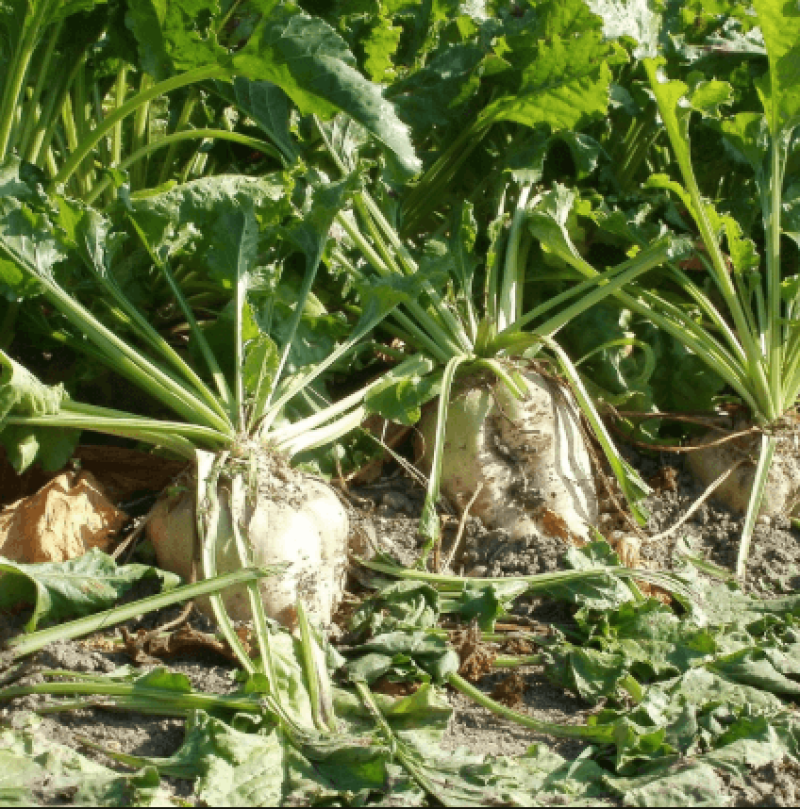The GLP aggregated and excerpted this blog/article to reflect the diversity of news, opinion and analysis.
. . . Dan Charles says that US sugarbeet farmers “are thinking about going back to growing non-GMO beets.” This may seem like a trivial change to people not actively engaged in the sugarbeet industry. But for a sugarbeet farmer to even consider this is nothing less than remarkable.
. . . .
Sugarbeet growers are not exaggerating when they talk about the drastic shift they observed in the switch to GMO seed. The herbicide regimen used to include 4 to 6 different herbicides applied between 3 to 6 times per year, at 5 to 10 day intervals.
. . . . Compare that to the Roundup Ready (GMO) system, where 2 or 3 applications of glyphosate have replaced the many herbicide sprays that were used previously, while providing better weed control.
. . . .
The improved weed control provided by Roundup Ready varieties led to rapid environmental gains. By 2009, only two years after widespread adoption of GMO sugarbeet, over 50,000 acres of sugarbeet fields were converted to some form of reduced or conservation tillage . . . . Conservation tillage practices improve soil health, reduce soil erosion, and preserve soil moisture. . . .
The combination of improved tillage, reduced crop injury, and improved weed control has contributed significantly to increased sugarbeet yields . . . .
. . . .
[Sugarbeet grower, Andrew Beyer] isn’t being facetious when he says he thinks GMO sugarbeets are better for the environment, the world, and the consumer. He truly believes it, as do most sugarbeet farmers in the US. And the data suggests they’re right.But these same farmers are willing to grow what the customer wants. . . . Even if it means abandoning all the benefits this technology has provided.
Read full, original post: As consumers shift to non-GMO sugar, farmers may be forced to abandon environmental and social gains































